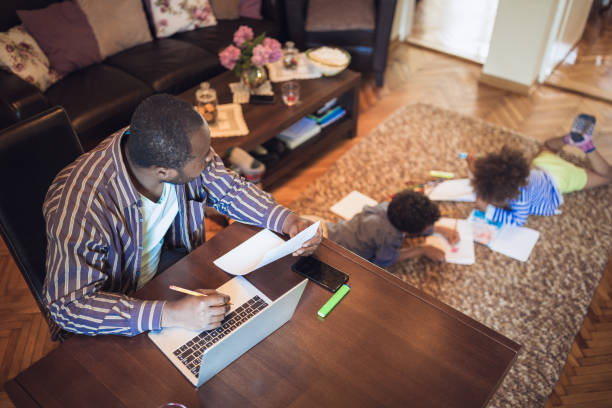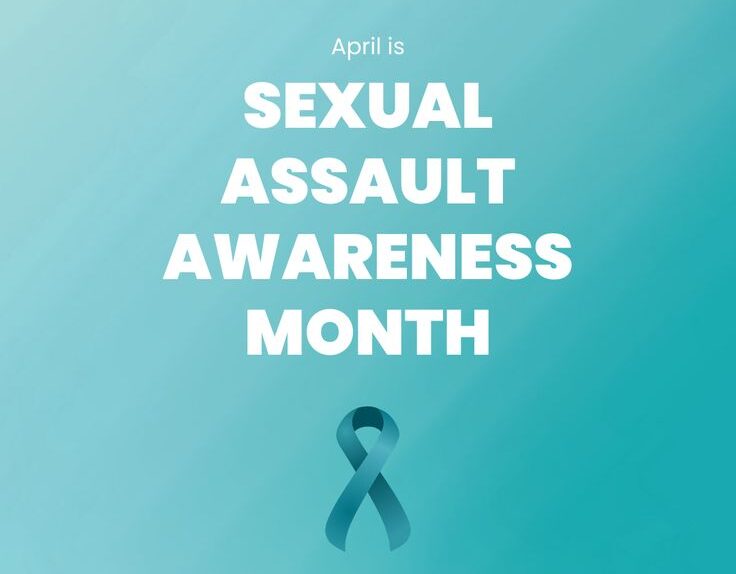Are you really listening?
If you are like me, you may have little time for people who take forever to explain themselves or labour over a small point, but I still try to be
If you are like me, you may have little time for people who take forever to explain themselves or labour over a small point, but I still try to be a good listener, sometimes not an easy task. It is always my desire to be a better person and I try to do things that can help me improve and one of them is becoming a good listener.
Listening – the ability to understand and retain information – is the single most important of all communication skills. It is an art that takes practice, and improving your skills as a listener is one of the very best things you can do to develop your personality and your leadership and communication skills. Becoming a good listener not only improves your relationships but also your performance at work and other tasks. One thing I challenge you to do this year, even as I challenge myself, is to become a better listener.
Listening well is hardly ever done these days, and I am as guilty as charged, especially as we are all pushed to do things faster, often preparing to speak as someone else is talking because we think we don’t have time to complete everything else in our agenda for the day. But there are some people, and I am sure you have come across them, who will dominate conversations and never take a moment to listen to what others have to say, or even give them a chance. Often, such people will ask a question that has already been answered because they were not listening. This is not an admirable characteristic and if you take anything from my column today is to avoid being such a person.
As a listener, your challenge is to try to hear both what is said and what the speaker means. That discernment may take some time, which is why you must be careful not to respond too quickly or interrupt someone in the middle of listening, unless it is to summarise what is being said in order to reinforce your understanding. A good rule of thumb if you want to be a good communicator is to first think about what the person has said before you compose and utter your response. If you can remember what was said accurately, you are becoming an effective listener, and you are more likely to make an appropriate response.
What happens most of the time is that when someone is saying glowing things about us, our ears open wide and we hear every word. However, when less positive things are being said, we selectively hear only those fragments of the conversation that make us feel comfortable. Listening well takes practice, patience, and experience. One great way to make sure you’ve heard a conversation correctly is to ‘play back’ verbally or in written form for confirmation by the other party involved. A quick verbal summary as in “This is what I heard you say” reinforces the message and makes the person know you were listening and also gives you a better way of responding. It makes both of you communicate effectively.
In fact, listening is so important to personal advancement and growth of relationships that you should not dismiss it. As you listen, it’s also important to ‘decode’ the physical communications that are being sent along with words in any conversation. Always take note of the other person’s facial expressions, tone of voice, and physical posture or gestures while they are speaking, which may give you helpful clues as to how they feel about what they are saying.
If the person you are listening to is not looking at you, is fidgeting, fumbling with objects such as papers or pens, he is likely distracted and not focusing on the subject at hand. Your job in this instance is to listen and ask questions if their intent is unclear or confusing. Remember to try to summarise the meaning or ‘take away’ from the conversation and confirm your understanding with the speaker to make sure you got it right. This is important in all conversations whether with workmates, your spouse or partner, your friends or children.
We may think we know what someone is trying to say, particularly if we make assumptions about them and their motives or agendas. But generally speaking, we are not learning when our mouths are moving. We are also not learning when we become too focused on what we want to say, the points we want to make, or when we spend time judging whether or not the person speaking is right or wrong. Paying attention to what is being said makes us good listeners. When people fail to hear and understand each other, the results can be disastrous. Relationships fail, success is jeopardised, opportunities are missed, and even money gets lost.
It is critically important to take time to listen, no matter how rushed we may feel. By listening effectively we not only learn what others think, but also what they are planning to do. We can hear information that is important to doing our jobs effectively and inspire us to develop a plan of action or find other ways to prepare for upcoming opportunities. We also become better lovers, partners, friends, sibling or parent when we become good at listening to what others have to say.
Listening well can also give us clues about subtle or major changes that may be occurring in our surroundings that we should know about. We should always be engaged in this ‘active listening.’ When we listen attentively and patiently, we will be well on our way to becoming more effective lovers, leaders, parents or friends.
But remember:
You can’t hear what I’m saying when you are talking over me.
Look at me when I’m talking to you.
Pay attention to what I’m saying to you.





